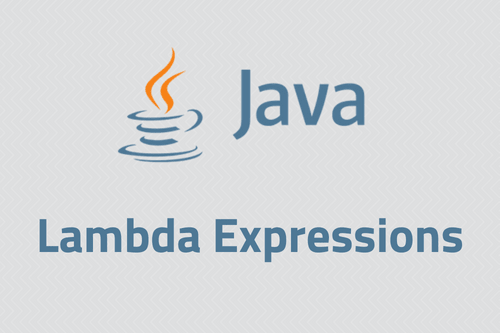Even though Java has more universal acceptance over Kotlin, there are a few instances where Kotlin scores over Java. Find how Kotlin is a better choice.
The newer, lightweight Kotlin, ideally suited for designing back-end systems for large sized companies, aimed to make existing Java models more powerful, resolve API related issues and improve the Android mobile development platform.
The release of Java 8 presented many new features that developers were eagerly waiting for. However, Java is not a modern language. Android supports a few Java 8 features. Moreover, Java has some well documented language issues, including endless try-catch blocks, a lack of extendibility and null pointer exception issue – Not to mention a lack of support for programming features
In spite of the fact that Java has begun to add some functional programming elements – lambda expressions and functional interfaces – at its core Java is still a procedural language. Java supports a verbose syntax, unlike many other advanced programming languages.
Advantages of Kotlin
So you may want to consider switching to one of the many modern programming languages designed to run on JVM. There is no shortage of programming languages which compile to Java bytecode. There are a few factors that make Kotlin stand out from the crowd:
Like many modern programming languages, Kotlin aims to bring you the best of both the worlds by combining certain elements and concepts from procedural and functional programming.
What Java has that Kotlin does not
- Checked exceptions
- Primitive types that are not classes
- Static members
- Non-private fields
- Wildcard-types
- Ternary-operator a ? b : c
What Kotlin has that Java does not
- Lambda expressions + Inline functions = performant custom control structures
- Extension functions
- Null-safety
- Smart casts
- String templates
- Properties
- Primary constructors
- First-class delegation
- Type inference for variable and property types
- Singletons
- Declaration-site variance & Type projections
- Range expressions
- Operator overloading
- Companion objects
- Data classes
- Separate interfaces for read-only and mutable collections
- Co-routines
You might also like
Stay ahead in tech with Sunflower Lab’s curated blogs, sorted by technology type. From AI to Digital Products, explore cutting-edge developments in our insightful, categorized collection. Dive in and stay informed about the ever-evolving digital landscape with Sunflower Lab.





